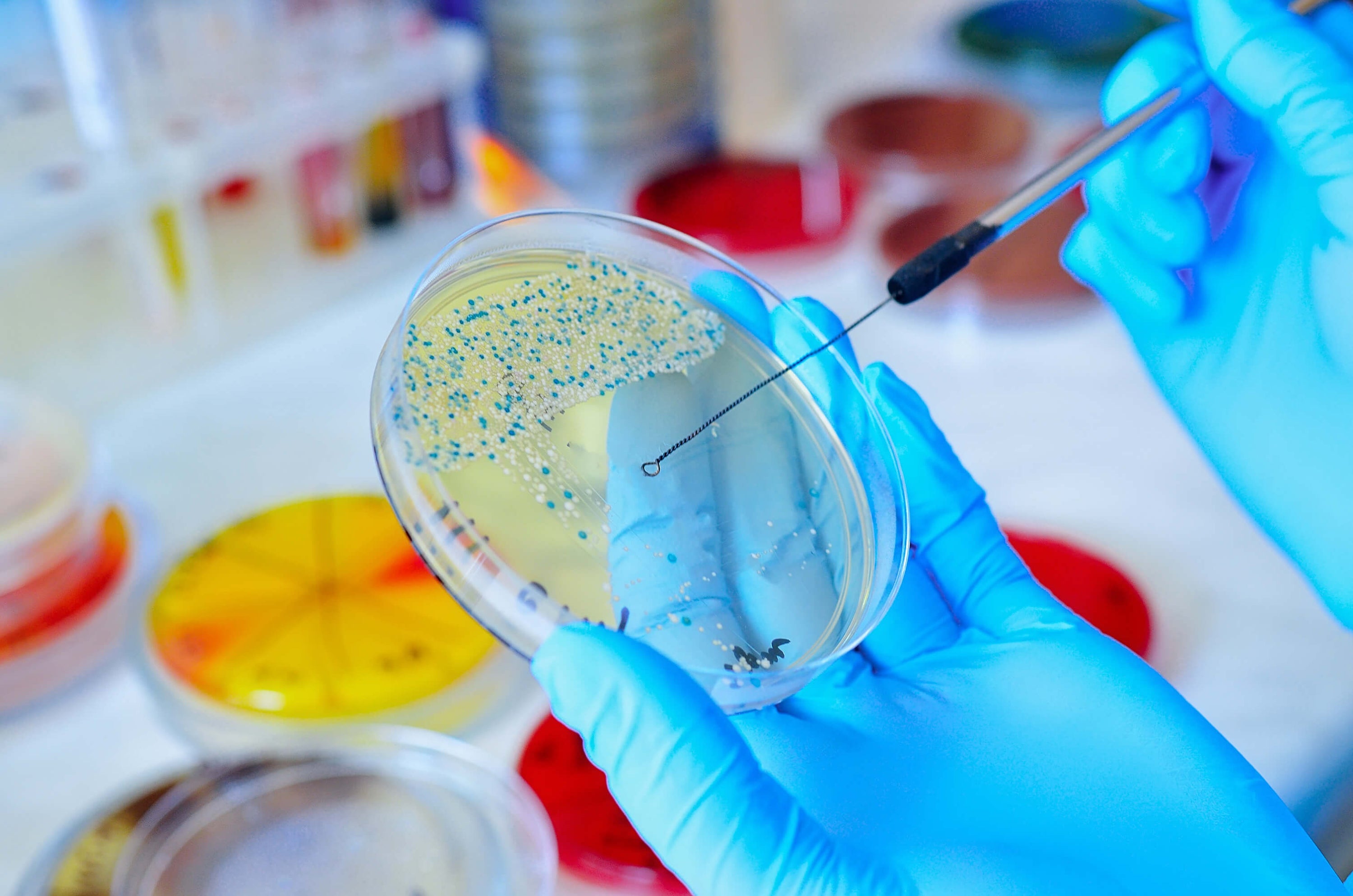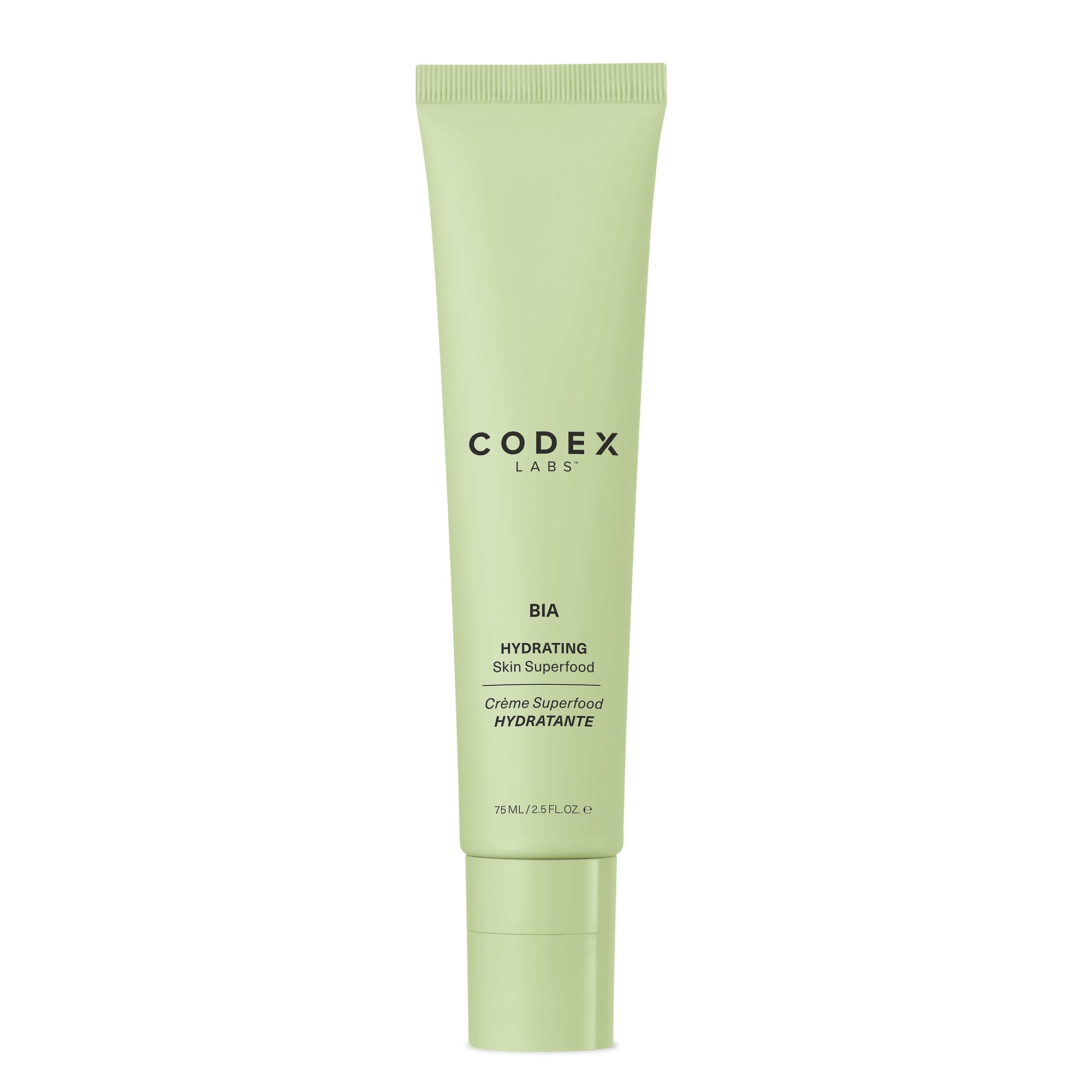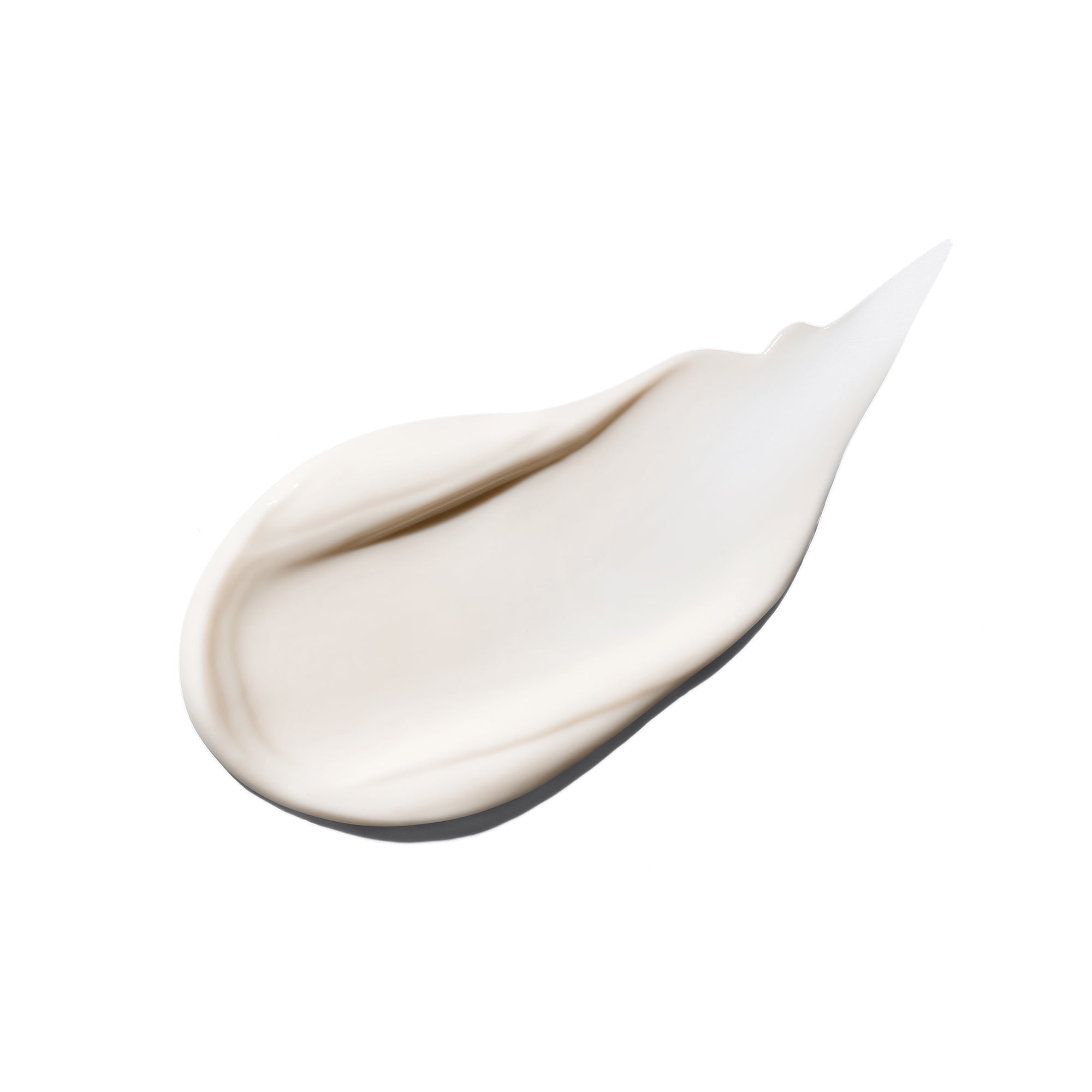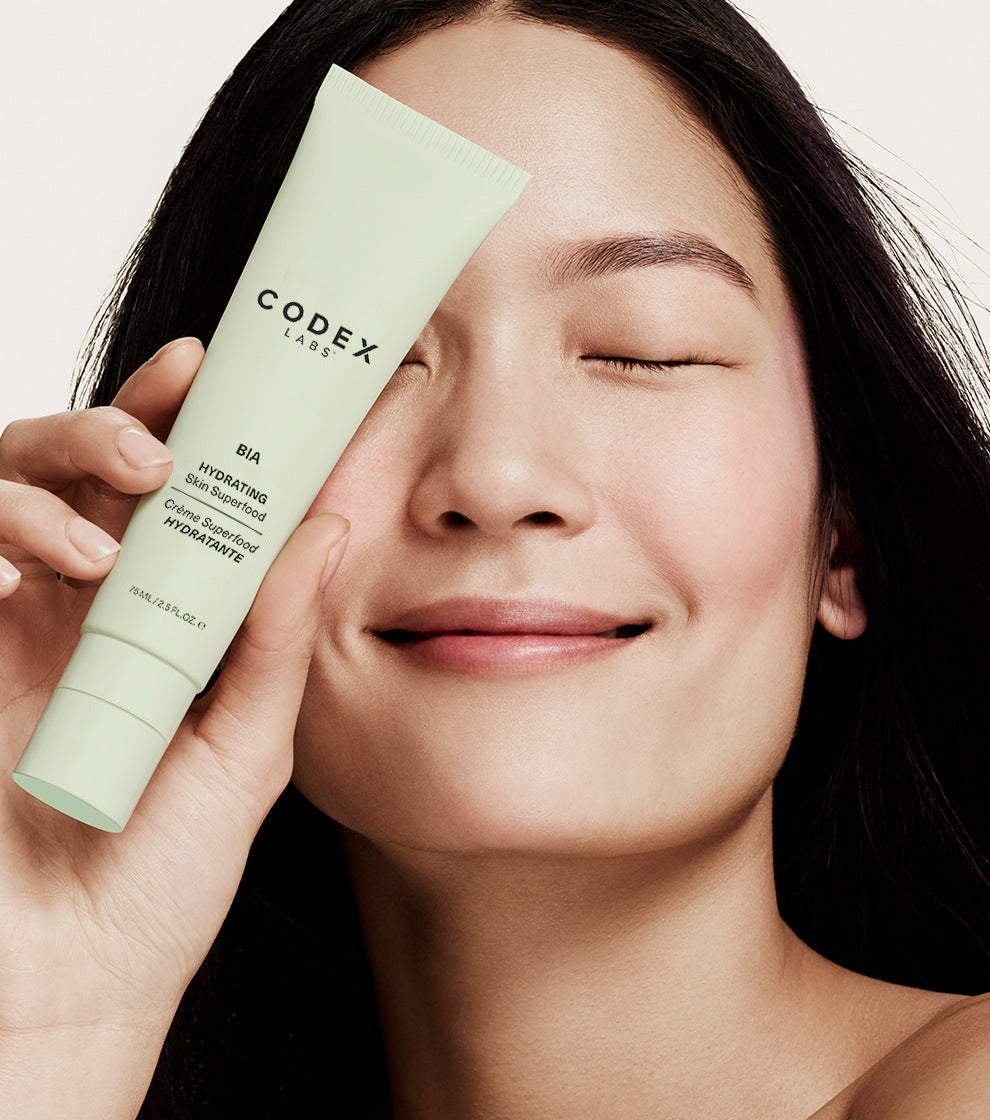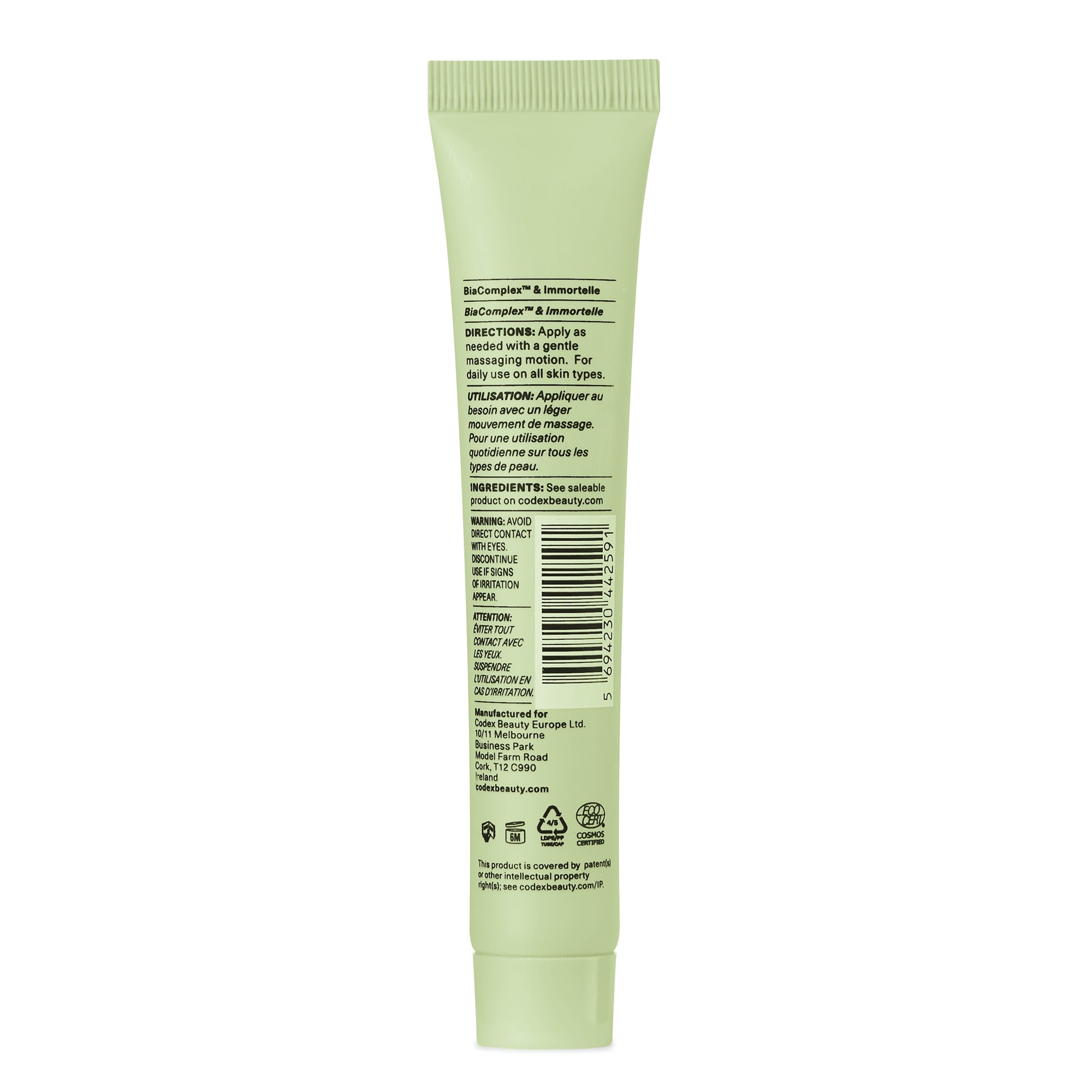When it comes to skincare products, most people are concerned about the active ingredients used to make them and, specifically, the aesthetic benefits they provide in terms of making skin look younger and healthier. However, one ingredient in cosmetics that often goes overlooked is preservatives. In this blog post, we will explore the role of preservatives in cosmetics, their effect on skin health and appearance, and why it’s better to go natural.
What are cosmetic preservatives?
Ideally, you want your skincare products to last as long as possible without going bad. This is where preservatives come into play. Preservatives are ingredients that help to extend the shelf life of products, which means you can buy them in larger quantities and store them for longer periods of time without having to worry about them going bad.
Preservatives in cosmetics are important because they protect products from becoming spoiled by harmful bacteria, fungi, and other microorganisms which are present all around us. Every time you use a skincare product, especially if it’s in a jar requiring you to put your finger directly into the container, you risk introducing harmful microorganisms into the product. Once in, these microorganisms can then grow and multiply in any water present in the product until, eventually, the product becomes contaminated. Contaminated products might cause irritation and, in a worst-case scenario, an infection!
By including preservatives in skincare formulas, the manufacturer is ensuring that their skincare products are safe from harmful microorganisms when they are shipped and remain so until at least their recommended use-by date.
Do preservatives in cosmetics have an effect on skin?
There are trillions of microorganisms (bacteria, fungi, viruses, etc.) living in colonies on the surface of our skin. These colonies of microorganisms are commonly referred to as the “skin microbiome”. The scientific community has only recently started to appreciate the important role played by the skin microbiome when it comes to skin health and appearance.
The skin microbiome contains both good (beneficial) and bad (harmful) microorganisms. So long as the bad microorganisms don’t outnumber the good microorganisms, then all is well as the microbiome is in “balance”. Studies have shown that microorganisms residing in the skin microbiome beneficially communicate with one another and with the body’s immune system, triggering it into action when an imbalance is detected. In the event the bad microorganisms begin to outnumber the good, the skin microbiome will send signals to the body’s immune system in an effort to restore balance, triggering an inflammatory response in the process.
The resultant inflammation has a negative impact on the skin barrier causing it to become compromised. Once compromised, moisture escapes from within the skin leaving it dry, flaky, and irritated. The skin barrier serves two important purposes; it keeps harmful external elements from penetrating into the body, and moisture from escaping out. Once compromised, skin health and appearance begin to suffer until the barrier’s integrity is restored.

And what does this have to do with preservatives?
Molecules within skincare products can remain on the skin even after several washings, and these molecules can alter bacterial diversity within the microbiome. Since the job of preservatives in cosmetics is to extend a product’s shelf life by eliminating microorganisms present in the product, application of a preservative-containing product on the skin would also cause microorganisms in the skin’s microbiome to also be eliminated.
Such a phenomenon not only impacts the “balance” within the skin microbiome, but also the diversity of microorganisms residing there. Studies have shown that a poor diversity of microorganisms in the microbiome have been found in unhealthy skin and is also correlated with skin conditions such as atopic dermatitis. It’s because of these symptoms that cosmetic scientists have sought ways to maintain and even enhance diversity within the skin microbiome.
Does Codex Have a Solution to the Preservative Problem?
At Codex Labs, we pushed ourselves to create broad-spectrum, natural preservatives for our cosmetics and skincare, while at the same time effectively preserving our products and the skin microbiome.We tested numerous blends of various plant-based acids, fermented extracts, and more until we developed the perfect pure and natural broad-spectrum preservative system. In fact, the technology was so novel and innovative that we were granted a patent! This patented technological breakthrough which we call PreservX® is comprised of a unique blend of mother nature’s bounty including probiotics created by the fermentation of Lactobacillus; coconut oil; potassium sorbate; and pure, plant-based, petroleum-free propanediol, an ingredient derived from the fermentation of corn that, in addition to having excellent skin-feel properties, also imparts humectant benefits that help skin to retain moisture.
Best of all, our natural preservatives for cosmetics are microbiome-friendly, based on scientific testing performed by an independent, third-party lab called MyMicrobiome! The lab tests products to validate whether they are contamination-free, that specific bacteria of the target application area are unharmed, that the microbiome diversity is preserved, and that the skin balance is not disturbed.
For those products which pass their rigorous testing protocols, a “Microbiome-friendly” certification is provided. If maintaining the diversity of your skin microbiome is important to you, which it should be if you care about your skin’s health and appearance, then you should look for skincare products with a certification indicating they have been microbiome tested.
While all Codex Labs water-containing products use PreservX® to prevent contamination by nefarious microorganisms in a microbiome-friendly way, we’d like to specifically call out a few of our best sellers.
Our Bia Hydrating Skin Superfood, is a rich, restorative cream that addresses skin hydration and moisture retention in distinct yet complementary ways using the power of biotech ingredients. Made with our patented, potent BiaComplex™ formula, this soothing cream for face, hands and body re-hydrates your skin, and is clinically proven to soften, smooth, and promote a more even skin tone. It was specifically designed for all skin types and is especially great for dry, flaky or itchy skin as confirmed by both the National Psoriasis Foundation and National Eczema Association.
Next is our Shaant Balancing Oil Control Cream which has been clinically-proven to balance oily skin, smooth skin texture, and reduce the appearance of redness and erythema (the superficial reddening of the skin). Formulated with our revolutionary patented ShaantComplex® it controls oil (sebum) production, manages the acne inflammasome (pimples and pustules are inflamed hair follicles), maintains skin balance, and helps even out complexion.
Last but certainly not least is our Antu Skin Barrier Moisturizer, a restorative daytime moisturizer that protects the skin barrier and helps defend against exposure to airborne particulate matter pollutants. Made with biotech ingredients and patented, potent AntüComplex™, our moisturizer re-hydrates skin and is clinically proven to alleviate the damage caused by UV light exposure and refine the appearance of pores. It has been specifically designed for all skin types and is especially great for dull, dry, or uneven skin.
In a Nutshell
Preservatives are an integral part of skincare products, ensuring that they remain safe to use by preventing microbial growth in the product. Product preservation, however, should not be the only consideration since most products meet this criterion.
If healthy skin that looks its best is also a priority, then one should consider what, if any, effect the preservatives in cosmetics might have on their skin’s microbiome. Products tested for their impact on the microbiome and certified as not being harmful to its balance and diversity are key. At Codex Labs, we test all of our products to determine their impact on the skin microbiome so that you can rest easy knowing you are protecting and supporting your skin with every application.

